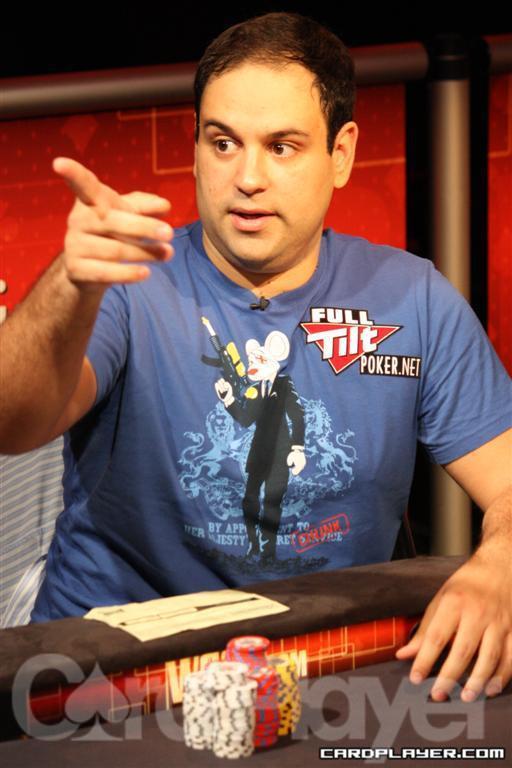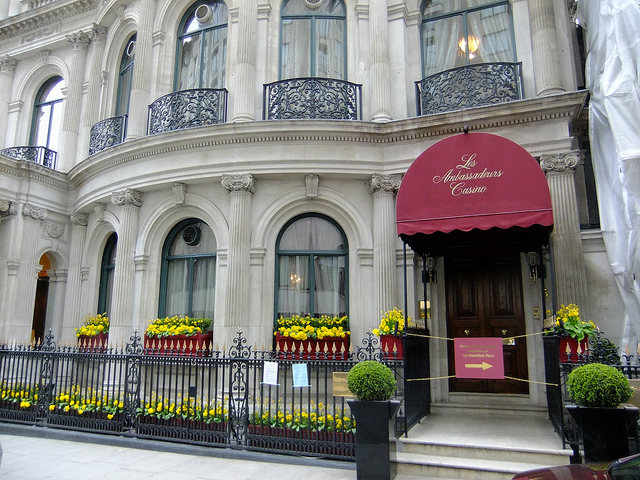






Report: Roland de Wolfe Accused Of Cheating In High-Stakes Poker GameWealthy Businessman Says Poker Games At London Casino Were Shady |
|
|

According to the Telegraph, an expert witness in the case claims that Iraj Parvizi was cheated by poker players Josh Gould and Roland de Wolfe.
De Wolfe has wins on the EPT and WPT, in addition to a WSOP bracelet in 2009.
Court filings said that the witness, who claims that he once was the world’s “best professional poker cheat,” has given testimony that Parvizi lost £185,000 in a game that was “utterly corrupted by collusion on the part of Josh Gould and Roland de Wolfe."
The witness—Richard Marcus—studied video footage of the hands, the report said.
De Wolfe and Gould were allegedly working as a team against Parvizi.
 Les Ambassadeurs casino denies that it had any knowledge of the alleged cheating that was going on in the poker game. It called the allegations “embarrassing.”
Les Ambassadeurs casino denies that it had any knowledge of the alleged cheating that was going on in the poker game. It called the allegations “embarrassing.”
Parvizi is suing the casino for £10 million for allegedly failing to prevent the alleged collusion. That figure represents the amount he claims he lost during poker sessions from 2010 to 2013, all of which he now claims were tainted.
According to a Daily Mail article from earlier this year, the dispute began when Les Ambassadeurs sued Parvizi, after he cancelled checks to the casino for the £185,000 worth of chips used during the allegedly shady poker game.
Parvizi counter-sued.
One of the players in the game told the Daily Mail that Parvizi’s claims are ridiculous.
Speaking on condition of anonymity, one of the high-rollers who played with Parvizi dismissed his claims as absurd. "No one would need to cheat to beat Iraj. We’re professionals and he’s terrible, so it’s like Brazil versus San Marino in football.
“As a professional player, you sometimes need credit and you rely on your reputation. I’d rather lose than collude.” He added that regular players would have considered the £185,000 that Parvizi lost that night to be “nothing.”
